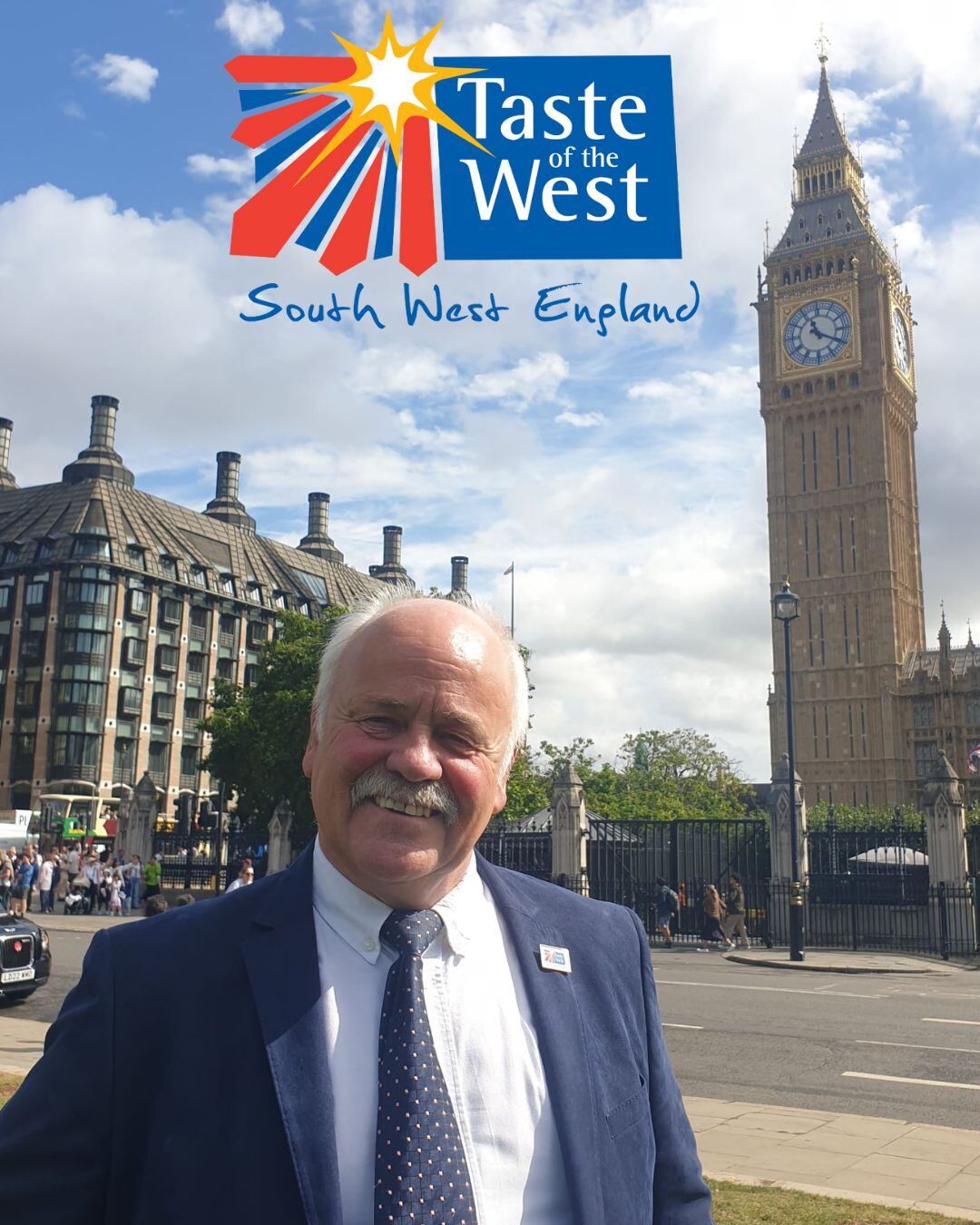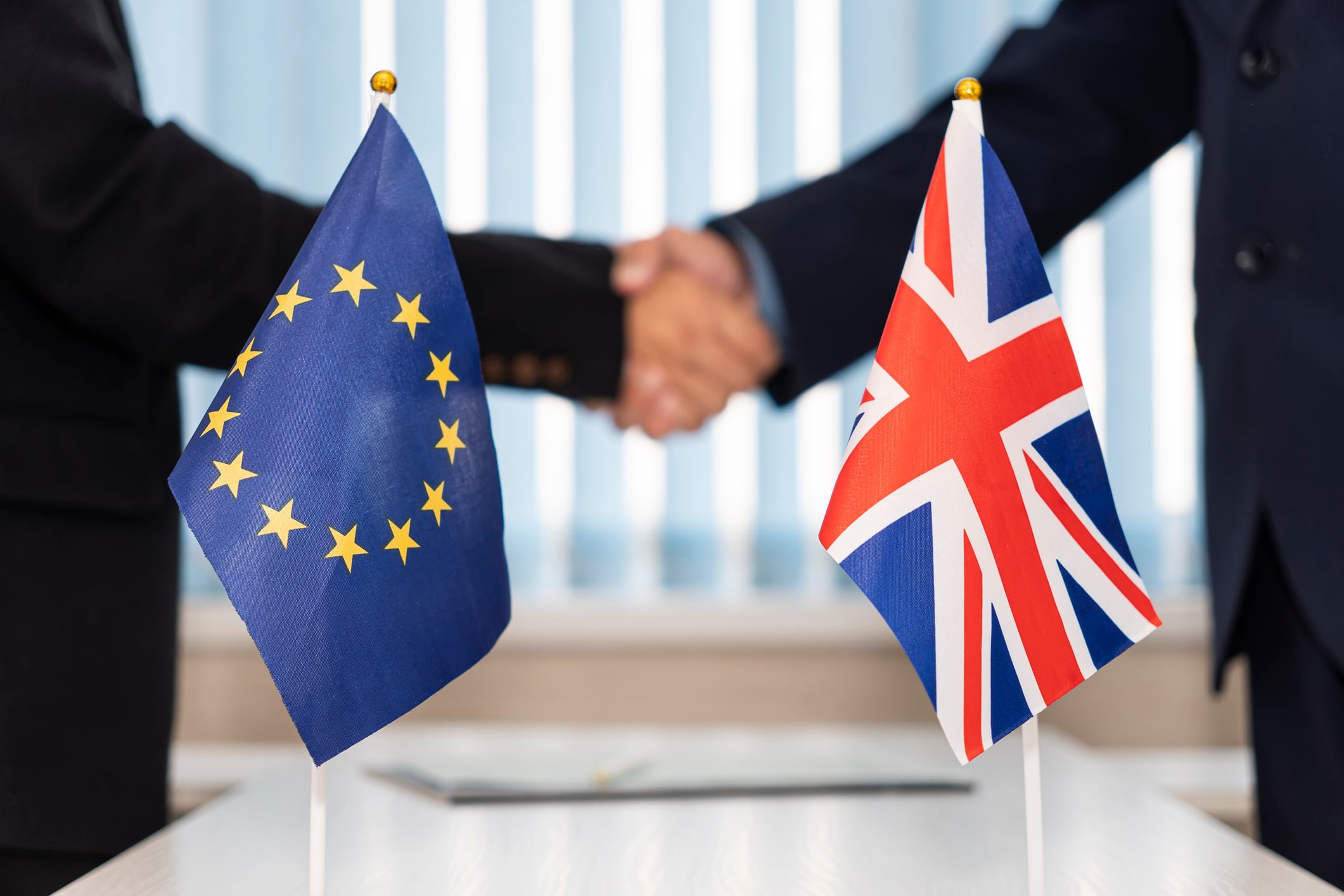Last week saw the Government announcing that its promised sanitary and phytosanitary (SPS) agreement with the EU would not happen until 2027.
Ministers including Daniel Zeichner and Gareth Thomas visited businesses across the UK to discuss SPS in more detail. Among these meetings was a Q&A session between The Spectator’s editor – former Tory minister Michael Gove – and the paymaster general Nick Thomas-Symonds on the UK’s future relationship with the European Union.
Charles Baughan, the founder and managing director of meat producer Westaway Sausages, was among the attendees at The Spectator’s event last Wednesday (27 August).
Extortionate fees on exporters
Speaking with Food Manufacture on Friday, Baughan said that the meeting gave him the opportunity to air his thoughts and feelings as an SME around the impact Brexit and subsequent trading changes have had on his business and others.
He estimates that since Brexit, red tape has seen him paying, per shipment, an excess of £500.
Further to this, Baughan – who also represents Taste of the West, an independent regional food group which promotes local food and drink from South West England – spoke of horror stories he’s heard related to consignment issues which have added further financial burden to businesses.
Such problems have resulted in impounded and subsequently destroyed products, with the businesses charged for it. For an SME with wafer thin margins, that kind of hit can be disastrous.
“It’s a risk that not many owners will want to take,” Baughan added.
And Defra’s own data has shown the disproportionate impact on smaller businesses, highlighting that red tape “has created a competitive disadvantage between smaller firms and larger operators”.
As Nick Thomas-Symonds pointed out in his speech: “Exports down by nearly 20% since 2019…
“…and since 2021 over 16,000 businesses have stopped exporting to the EU entirely.
“Behind every number and statistic is a British business, a British entrepreneur, a British start-up. Paying the price.”

He flagged the excessive costs agrifood businesses are facing to export, naming numbers including £200 for an export health certificate, £149 for SPS checks per shipment, up to £1,400 per shipment if you’re selected for sampling.
“Companies big and small are crying out for change. For practical help to bring down bills so they make goods cheaper for the public,” the EU relations minister added.
Baughan said that he “was really heartened by the way the minister [Thomas-Symonds] articulated, very clearly, how bad it was for SMEs at the moment” and felt “reassured”.
“It was almost like I’d written it [his speech] and I thought ‘wow that’s brilliant’,” he added.
A ‘disappointing’ outcome
But the reassurance was short-lived after Baughan heard the SPS agreement which promises to fix all these woes isn’t going to happen until 2027.
When the original announcement of an SPS deal emerged in May, Baughan had pressed his contacts in Defra and other export departments as to when the agreement would come into effect.
“They said it’s probably going to be months,” he recalled – but Baughan didn’t expect 18 months.
“I do find it quite disappointing,” he continued.
“I asked them {government) ‘what’s the issue?’ And they said, ‘well, it’s complicated’. My personal view is that the government is actually trying to push through a wide range of trade agreements on a number of different things.”
He explained that the sheer number of issues that the government is trying to reach an agreement on means that the SPS agreement – which he believes is ready to go – has been shelved.
“The UK has made it very clear that they really want to prevent the import of foie gras into the UK. It might well be that we have to actually say, ‘look, we’ll argue about foie gras at a later stage’ – but really, we don’t want to hold up an SPS agreement which has been agreed in outline already.
“It’s our livelihoods, our mortgages on the line. It is not easy to set up a business in food and drink in the UK, let alone scale it up and then make a success of it.
“It doesn’t seem that the government is quite so focused in getting a deal across the line as somebody whose livelihood depends upon it.”
In the interim, the government has announced interim relief, halting checks on some products but Baughan isn’t impressed, saying they are “just scratching the surface of what is possible”.
Baughan added that he is worried the longer we wait, the more difficult it will be to settle on an agreement.
Commenting on concerns aired around the delay, Thomas, who is the minister for small businesses and exports, told Food Manufacture: “We obviously want to get the deal over the line as quickly as we can. Inevitably, when you’re putting together any sort of trade deal, you have to go through the detail, and that’s what we will now do.”
A government spokesperson for Defra added: “Following the UK-EU Summit we will be finalising the details of our SPS agreement, which will make trade with our biggest market cheaper and easier.
“The UK and EU are moving at pace but this is an ambitious agreement and it’s important that we get the detail right.”
We have been promised more detailed negotiations in the autumn, once the EU has confirmed their negotiating mandate, with an to conclude negotiations and have legislative arrangements in place no later than 2027.





